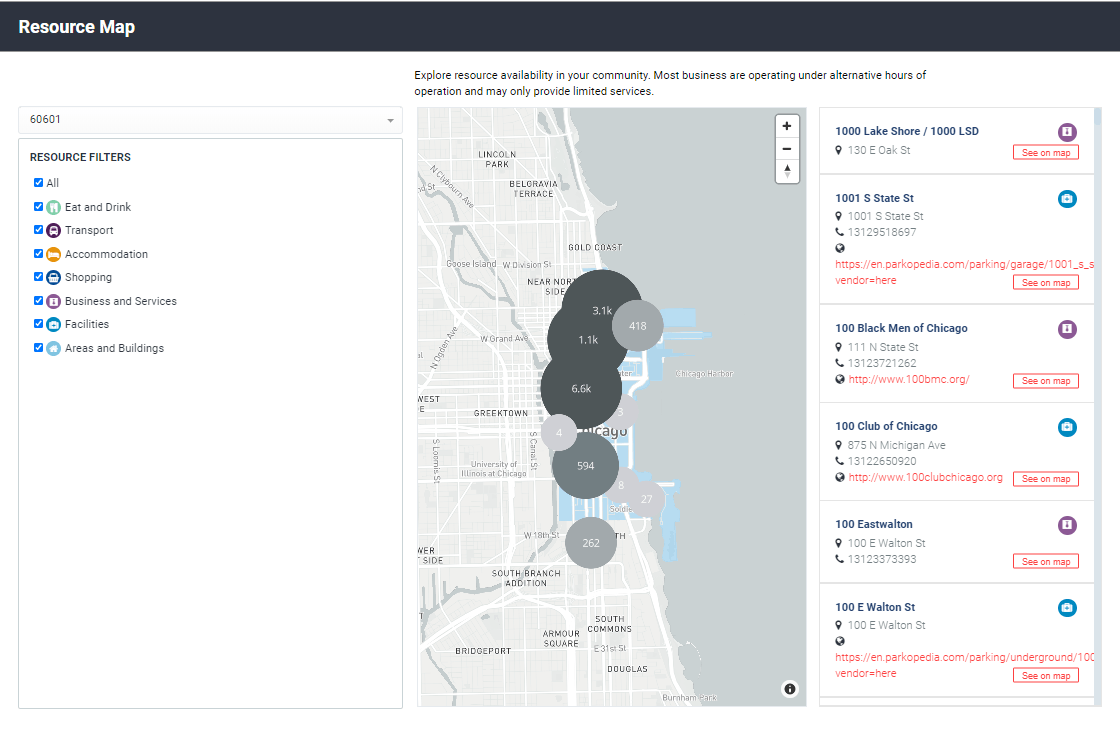By Bridgette Brady, CAPP
MOBILITY HAS ALWAYS BEEN a part of our lives. However, the recent and swift evolution of interconnectivity, mobility-as-a-service, curb management, and so many other holistic approaches to transforming the facilitation of movement means the industry needs to pause and understand its foundation. As with any paradigm shift, understanding what we know now—the foundation of existing conditions—is critical.
At its core, mobility is about people, not a marketplace for mobility goods. Of course, the market provides the options in which to serve various mobility needs, but it is paramount we remember the human element belongs at the beginning of the process as we visualize mobility impacts.
Mobility Leaders
If mobility is about people, it is also about the need for strong, adaptable leaders at every level. In a recent constructive and in-depth conversation with a customer base group, I was enlightened by a comment. A very astute individual with a distinctly different background in information science remarked that it appeared that our jobs as leaders in the mobility space isn’t as much about vehicles or the reductions thereof, but rather about change management.
What does the leader of mobility change look like to both internal and external customers? How does this leader help the foundation of mobility—people—maneuver the swiftly evolving changes of opportunities and challenges in their needs to get where they want or need to be? Here are a few ideas:
- Use data-driven processes to quantify the benefits and opportunities that will occur with the implementation of new mobility initiatives.
- Use case studies as examples to identify the intended outcomes and change associated with new mobility investments, identifying relatable real-world examples.
- Use open and continuous communication to support change by helping people along at their pace, which will help them adapt more naturally.
Leading Change
Change-capable leadership requires the ability to influence and enthuse, in addition to the ability to make knowledgeable, data-based, and strategic decisions. It isn’t surprising that communication is at the top of the list of essentials to being a successful leader of change. A few opportunities for communication in the change-management realm:
- Internal program workshops to discuss the intentions of changing mobility and how to educate customers and end users.
- Community-driven outreach focused at educating users how mobility decisions can improve commute, access, and movement.
- On-the-ground conversations aimed at promoting use of alternate mobility options and enabling better daily decision-making.
What is different from strictly strategic leadership is not only explaining the “what” but also explaining the “why.” Collaboration in many forms is necessary, most importantly with engaging employees early in the decision-making process. Change-capable leaders will need the courage to commit to the “why” and perhaps stretch outside of their comfort zones.
Getting There
IPMI has a wonderful start on developing leaders in the industry with its Leadership Summit and various trainings aimed at developing the leaders of tomorrow’s parking and mobility industry. The association has also been arming leaders with knowledge and resources from the formation of the organization. A few examples of IPMI’s industry-leading resources include:
- “A Guide to Parking,” the first textbook for the parking and transportation industry, which provides the foundation for greater mobility research (parking-mobility.org/textbook).
- Cutting-edge education on trends and tech that are transforming and disrupting the industry, including specific resources and best practices shaping curb management (parking-mobility.org/education).
- Unique partnerships designed to expand and grow our shared knowledge and expertise, such as our relationships with the Alliance for Parking Data Standards, the U.S. Green Building Council, the Transportation Research Board, and multiple university relationships, to foster new research.
Resources
After much conversation with IPMI’s strategic partners about preparing for the future, it’s clear that a resounding understanding that reliance on research and reputable resources must be a foundation to advance the profession. As industry leaders in parking, transportation, and mobility, it’s incumbent upon us to help drive change in a meaningful way, using our understanding of parking and mobility to help our customers, employees, and colleagues make decisions that improve their lives and the environment around them. As change leaders, we should be prepared to:
- Lead by example, making decisions related to the intersection between parking and mobility that influence a better tomorrow and promote a more balanced transportation system.
- Focus on the people who are influenced by mobility decisions and help them understand the importance of change and the positive benefits of their decisions.
- Use data and real information to define change and influence decision-making.
- Create strong and open communication plans to help educate our constituents and promote change.
- Lean on IPMI to help develop supportive research and metrics to drive change and support industry growth.
Read the article here.
BRIDGETTE BRADY, CAPP, is senior director of transportation and delivery services at Cornell University and co-chair of the IPMI Research Committee. She can be reached at bb635@cornell.edu.



_1016919.jpg)
_1016920.JPG)